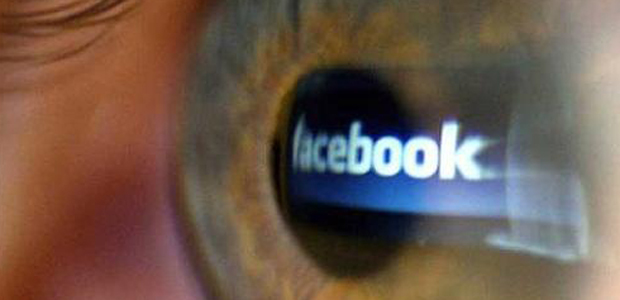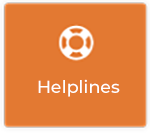Privacy on Facebook: the key points
Google “Facebook and privacy issues” and over 1 billion returns will appear. There is a huge concern from Facebook users about online privacy. Even the European Commission has entered the fray and the Data Commissioner in Germany. The privacy group from Austria called Europe v. Facebook has been working to educate users on Facebook privacy violations.
Danah Boyd is a social media researcher at Microsoft Research New England and a fellow at Harvard University’s Berkman Centre for Internet and Society.
“Wanting privacy is not about wanting to hide something. It’s about wanting to keep control over who sees it and in what context. Often, privacy isn’t about hiding, it’s about creating space to open up. There are good reasons to engage in public, there always have been. But wanting to be in public doesn’t mean wanting to lose control.”
Most people are using sites like Facebook to connect with people that they know. They want to be found by friends. For this to happen they are happy to make personal information publicly available. But they also want to keep some information hidden. They probably don’t want their work colleagues to see snaps of them on the beach.
Are young people Private in Facebook?
Facebook accepts users of 13 and older. 13 to 18 year olds are know as “Minors” and all such users have a “Friends only” setting applied by default. However there is no method of verifying the date of birth a child uses to join and therefore no method of ensuring that a child does not join up as an adult with “Public” default settings.
Facebook: The Privacy Myth
There is a myth that young people have no problem sharing nearly every detail of their lives. The argument goes that they live in a world saturated with reality TV, celebrity culture and user generated web content and as a result they have come to expect that life is lived in public.
Expert in children’s use of media, Sonia Livingstone says,
“If we overestimate youthful skills, we may misunderstand their practices. One headline a few years ago screamed, “Kids today. They have no sense of shame. They have no sense of privacy”. This in response to survey findings that many have their social networking profile set to Public. But I found over and again, when sitting with teens in front of their profile that this was a matter of skills more than values.”
In other words, it is understanding the technical difficulties in how to set, change, disable or opt out of Privacy Settings and not a shift in how we view privacy that is the real problem. The reality is that few children read the Terms and Conditions of any site like Facebook and few understand how to apply the many and complicated Privacy Settings.In reality, decisions about sharing our personal information involve a rule-of-thumb risk benefit analysis. Having control over a situation is extremely important, but it must be weighed against the opportunities that one might have to gain a friend or have a new experience by being public. The equations people use differ depending on where they are at in their life.
Young people crave adventure and friendship, they focus on all that they have to gain when entering into public spaces. Adults, who have cultivate reputations over years, are thinking about all that they have to lose.
Teaching young people how to be safer social networkers
Be Safe Be Webwise is a teaching and learning resource designed to help post-primary students become safer and more responsible social networkers.
ThinkB4UClick has been specifically designed for teachers of Junior Certificate CSPE who wish to explore the issue of online privacy in the context of online rights and responsibilities.









